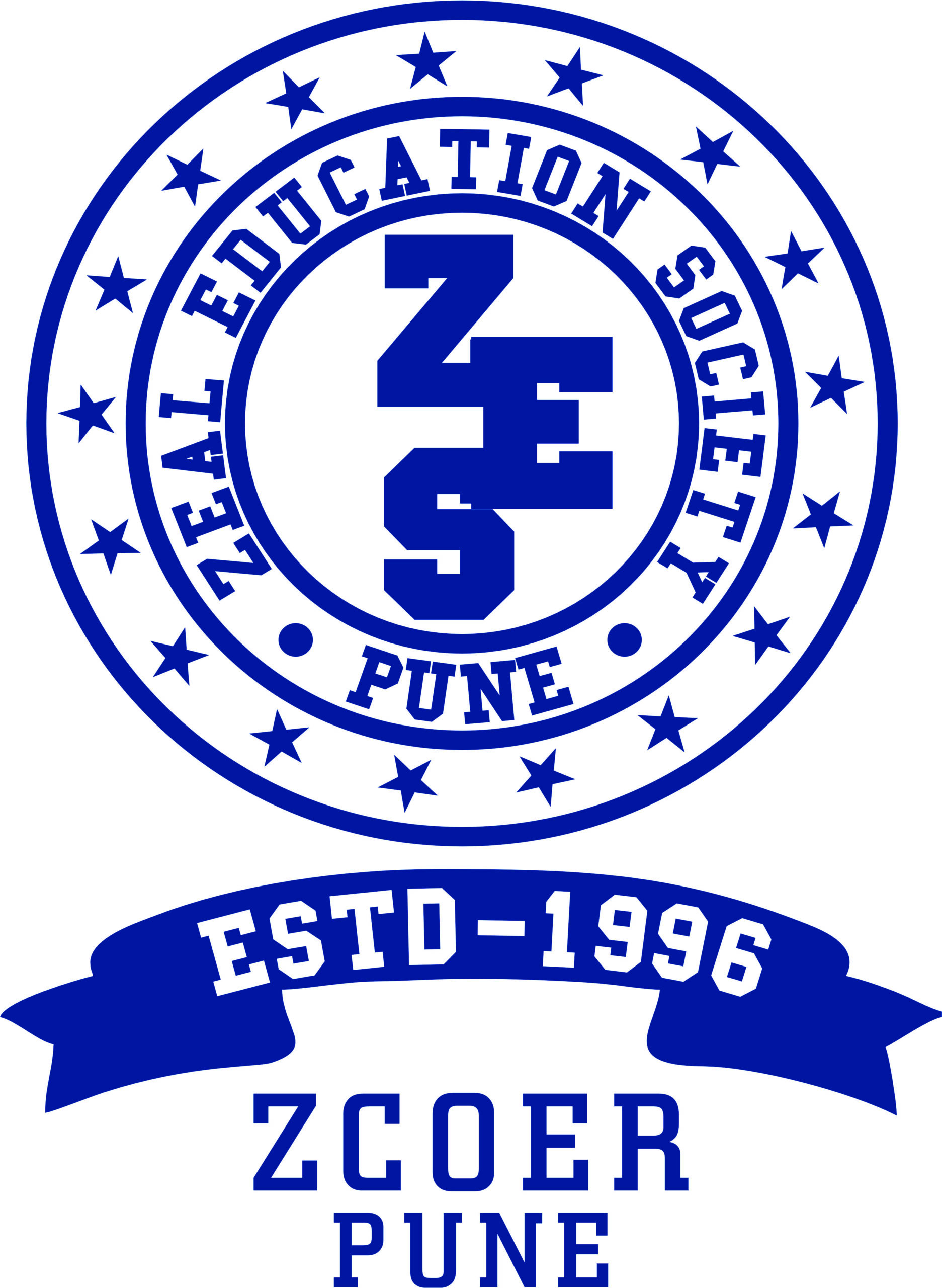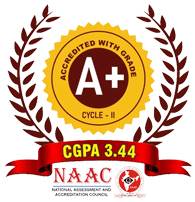Electronic & Computer Engineering
- Electronics & Computer Engineering
- About Department
- From HOD Desk
- Vision & Mission
- PEO & PSO, PO & CO
- Autonomy Constitution
- Lab Facilities
- Innovations in Teaching Learning
- Research & Publications
- Skill Development
- Faculty Achievements
- Students Achievement
- Student Chapter / Association
- Placement and Internship
- Center of Excellence
- Life @ ECE
- Downloads
- Newsletter
Zeal College of Engineering and Research, Pune has started a course in emerging area “Electronics & Computer Engineering” from the academic year 2023-24 at UG level FE admission seekers.
A course in Electronics & Computer Engineering combines the fields of electronics and computer science to provide students with a comprehensive understanding of the design, development, and integration of hardware and software systems. It encompasses a wide range of subjects and technologies, equipping students with the knowledge and skills to tackle complex engineering challenges and contribute to advancements in various industries.
The course typically starts with a strong foundation in mathematics, physics, and basic electrical engineering principles. Students learn about circuit analysis, electronic components, digital logic, and computer architecture. They gain a thorough understanding of electrical circuits, semiconductor devices, analog and digital electronics, and the principles of signal processing.
As the course progresses, students delve into computer science and programming. They learn programming languages such as C++, Java, and Python, and explore data structures, algorithms, and software engineering principles. They gain proficiency in software development, including designing, implementing, and debugging complex programs. Additionally, they learn about operating systems, databases, networking, and computer organization.
In the realm of electronics, students study advanced topics such as integrated circuits, microprocessors, and VLSI (Very Large Scale Integration) design. They gain hands-on experience in designing and fabricating electronic circuits, including PCB (Printed Circuit Board) layout, simulation, and testing. They explore topics like digital system design, microcontrollers, embedded systems, and electronic instrumentation.
The course also covers areas such as communication systems, control systems, and robotics. Students learn about wireless communication technologies, network protocols, and modulation techniques. They study control theory, feedback systems, and applications in robotics and automation. This knowledge enables them to design and optimize systems that involve communication, feedback control, and autonomous decision-making.
Moreover, the course emphasizes practical skills and real-world applications. Students engage in laboratory work, projects, and internships to gain hands-on experience with hardware and software tools. They learn to use industry-standard software, simulation tools, and testing equipment. They work on projects that involve designing electronic systems, developing software applications, and integrating hardware and software components.
Interdisciplinary knowledge is also a crucial aspect of Electronics & Computer Engineering. Students explore the intersection of electronics and computer science with other fields such as telecommunications, biomedical engineering, and renewable energy. They learn how to apply their skills to solve industry-specific problems and contribute to technological advancements in diverse domains.
Throughout the course, students are exposed to industry practices and trends. They stay updated with the latest advancements in electronics, computer engineering, and related technologies. They develop critical thinking, problem-solving, and teamwork skills, which are essential for engineering projects and collaborations.
Upon completing the course, graduates have a wide range of career opportunities. They can work as hardware engineers, software developers, embedded systems engineers, network engineers, system analysts, or pursue research and development roles. Industries such as telecommunications, automotive, aerospace, consumer electronics, and information technology offer diverse avenues for employment.
A course in Electronics & Computer Engineering provides students with a comprehensive education in the integration of electronics and computer science. It equips them with a strong foundation in hardware and software systems, enabling them to design, develop, and optimize complex engineering solutions. With the rapid advancements in technology, this field offers exciting career prospects and opportunities to contribute to the development of innovative technologies that shape our society.
Department Intake
| Course | Intake | Duration |
|---|---|---|
| UG - B. Tech. (Electronics & Computer Engineering) | 60 | 4 Years |
Career in Electronics & Computer Engineering:
Graduates specializing in Electronics and Computer Engineering have diverse employment opportunities across industries such as Automotive, Internet of Things (IoT), Smart devices, Software-enabled services, Process-controlled industries, Embedded solutions, and more. They can find positions in companies involved in designing, developing, and implementing cutting-edge technologies in these sectors.

